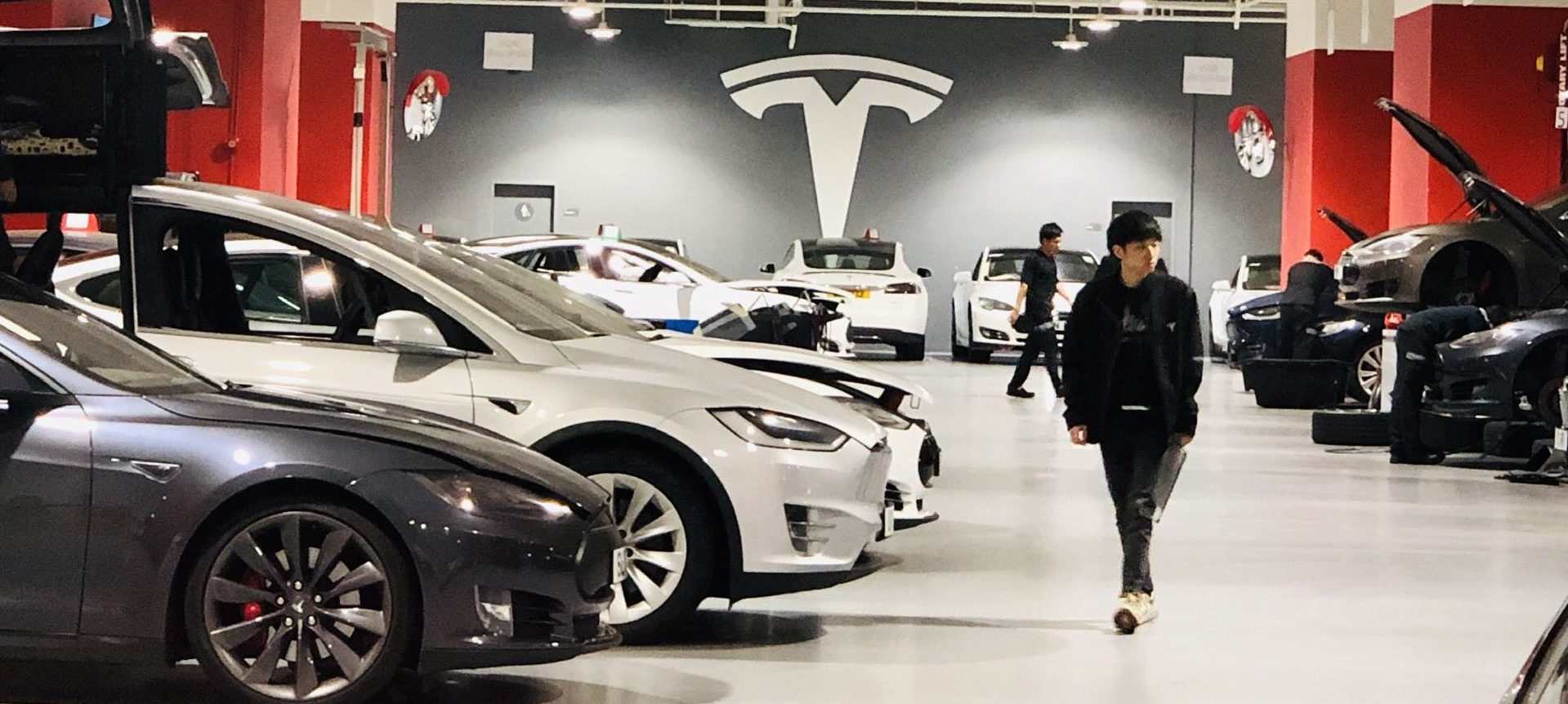Already a subscriber? Make sure to log into your account before viewing this content. You can access your account by hitting the “login” button on the top right corner. Still unable to see the content after signing in? Make sure your card on file is up-to-date.
Tesla sales in Europe have tanked amid its Chinese competitor BYD recently overtaking it in electric vehicle sales.
Some shit you should know before you read: If you’re unaware, BYD is one of the largest and fastest-growing electric vehicle manufacturers and is propped up by the Chinese government through extensive subsidies, enabling it to produce and sell EVs at prices Western automakers struggle to match. Its entry-level model, the BYD Seagull, is priced at around $10,000 in China, a fraction of the cost of comparable electric vehicles from brands like Tesla or Volkswagen, whose base models typically start around $35,000 or more. These ultra-low prices have fueled BYD’s rapid expansion in global markets, particularly Europe, where its sales jumped by almost 180% year-over-year. However, BYD has been effectively shut out of the US market due to steep tariffs of up to 100% on Chinese EVs, which were implemented to protect American manufacturers.

What’s going on now: In a notable development, Tesla’s sales in Europe fell sharply by 49% year-over-year in April 2025, dropping from 14,228 vehicles in April 2024 to just 7,261, according to data from the European Automobile Manufacturers’ Association (ACEA). This steep decline occurred despite the broader European electric vehicle market growing by nearly 28% in the same period, signaling that Tesla’s issues are specific to the brand rather than a reflection of market conditions.
At the same time, Chinese automaker BYD surpassed Tesla in monthly European EV sales for the first time, selling 7,231 battery electric vehicles compared to Tesla’s 7,165, according to JATO Dynamics, a European auto market research firm. Though the margin was slim, the milestone is seen as symbolic of Tesla’s weakening foothold in a region where it once dominated.
Analysts and observers have attributed the slump to a combination of factors, including an aging lineup of vehicles and growing brand backlash tied to CEO Elon Musk’s political affiliations and involvement in US government advisory roles.
In response to the growing scrutiny over his political engagement, Musk recently announced that he would be scaling back his involvement in government affairs, stating during Tesla’s April earnings call that his time spent running the Department of Government Efficiency would be “significantly reduced” by the end of May. He also told the Qatar Economic Forum that he plans to “spend a lot less” on campaign donations going forward.







